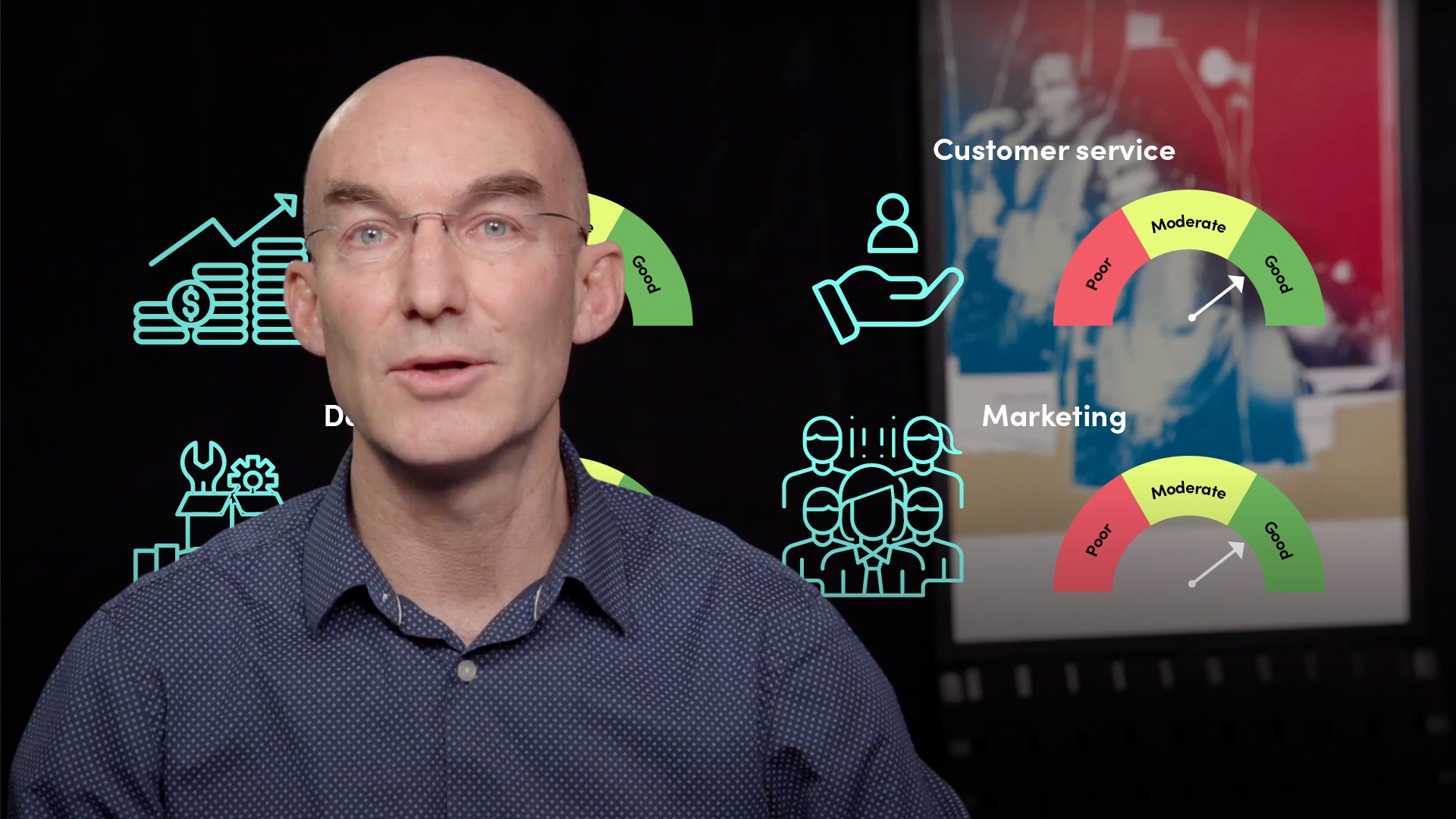
Assessing Culture and Behaviours in an Organisation

Roger Noon
25 years: Behavoural science & culture
In the world of complex systems, simplistic measures can be worse than being a waste of time. In the third video of his series on “Culture Change in Practice”, Roger explains what should we be trying to measure in the context of behavioural science and why is measurement so difficult. He further highlights how measurement helps us to understand and control our environment and some of the pitfalls associated with it.
In the world of complex systems, simplistic measures can be worse than being a waste of time. In the third video of his series on “Culture Change in Practice”, Roger explains what should we be trying to measure in the context of behavioural science and why is measurement so difficult. He further highlights how measurement helps us to understand and control our environment and some of the pitfalls associated with it.
Subscribe to watch
Access this and all of the content on our platform by signing up for a 7-day free trial.

Assessing Culture and Behaviours in an Organisation
12 mins 19 secs
Key learning objectives:
Understand what we should to measure and the difficulty in measurement
Identify the pitfalls of measurement
Overview:
Measurement helps us to understand and control our environment and provides us with data on which to base decisions.
Subscribe to watch
Access this and all of the content on our platform by signing up for a 7-day free trial.
What should we be trying to measure and why is measurement so difficult?
We measure things because we want to know what state they’re in now and where they’re headed tomorrow. Measurement helps us to understand and control our environment and provides us with data on which to base decisions. Since we are viewing culture as a complex system, we have to see the value and possibility of measurement in a completely different way.
What are the pitfalls of measurement?
- Fixating on measurement at the expense of simply committing to improving something because we know enough about it to be confident that it's the right thing to do
- To assume that the measures you're collecting are telling you something useful
Subscribe to watch
Access this and all of the content on our platform by signing up for a 7-day free trial.

Roger Noon
There are no available Videos from "Roger Noon"



























